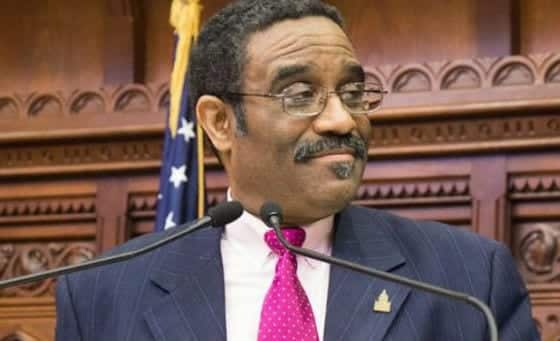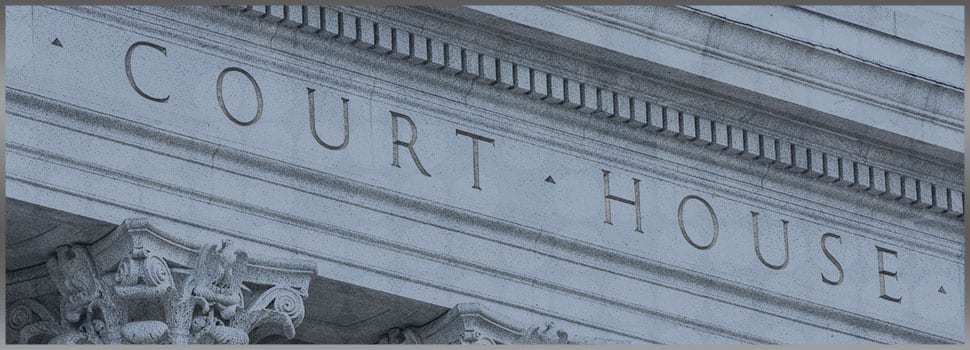If there’s one unyielding reality in the world of consumer rights, it’s that every legislative session is filled with challenges to the ability of ticket holders to sell what they’ve legally purchased on the secondary market.
Pressure from the primary market (and lobbyists representing it) push an agenda designed to build or preserve monopoly rights over who can sell or re-sell access to events by venues, promoters and artists. Straw man arguments are built over lightning-fast sellouts for premium events, blamed on secondary market speculators, when often only a fraction of a top event’s tickets are ever offered to the general public after holdbacks and presales for select customers.
This year has featured a number of such battles, but consumers largely came out on top when the dust settled on a number of legislative sessions across the country.
Consumers in Connecticut and Virginia netted positive victories, as legislators in both states passed laws requiring primary market sellers (with minor exceptions for small venues and state school-related athletic events) give consumers the right to request a paper ticket without resale restrictions.
Connecticut, home to TicketNetwork, saw a unique bipartisan coalition of legislative support, driven by leadership from the African-American community, pave the way to victory. The law was signed by Gov. Dannel Malloy in late May, and goes into effect on January 1, 2018.

Rep Bruce Morris (D-CT) introduced the bill that took big steps towards protecting ticket holders’ rights in Connecticut.
Virginia’s law was built in part on one man’s love for Iron Maiden, oddly enough.
Republican Delegate David Albo is a lawyer, but also a fan of the legendary English rock outfit. After purchasing tickets to see the band at Jiffy Lube Live in the state, his wife informed him that the date conflicted with a family vacation. Unfortunately, because the concert was not a sellout, he wasn’t allowed to re-sell them through Ticketmaster, which also required the credit card or ID of the original purchaser at the gate for entry.
Incensed, he brought the issue to the legislature, and earned a victory for all the ticket holders in his state, signed into law on March 3 and taking effect on July 1.
In New York, the existing law was re-authorized without changes, as State Attorney General Eric Schneiderman’s attempts to codify both good and bad reforms into law failed to gain traction for this legislative session. Schneiderman’s hopes are to require primary market sellers to embrace transparency – letting fans know how many tickets are really even available with the myriad of holdbacks and presales that go out the door – before John Q Regular fan even has a chance to click a ‘buy me ‘ link. He also wishes to ban speculative tickets and require secondary marketplaces to list broker licenses.
The legislative session in Nevada began with a bill that was very harmful consumer rights and the secondary industry. But industry representatives put together a united front in opposition to the proposed law. That strategy worked, with the passing of a final version of the bill that did no harm to consumers, brokers or exchanges. The bill bans the use of trademark copyrighted material on a website, unless that information is necessary to describe the event. It also prohibits selling one ticket more than once, and more interesting, outlaws employing another person to wait in line to purchase tickets for the purpose of reselling those tickets.
There are some other bills still circulating in the legislatures. Massachusetts and Michigan still have bills lingering which are favorable to the secondary industry. North Carolina and Washington have tax nexus bills which would force exchanges to collect taxes from brokers to remit to the state. The bill in North Carolina currently has the most traction.
New York has a few unfavorable bills floating around, but with the end of the session fast approaching, odds are they will not see the light of day this year.
While the future will likely just bring year after year of fans having to defend their rights to do what they’d like with tickets they’ve legally purchased against the wishes of Ticketmaster and other primary sellers, 2017 can be considered a fairly successful one for the fan.
As always, keep up with the latest in legal news and everything else ticket related by visiting TicketNews.com.




